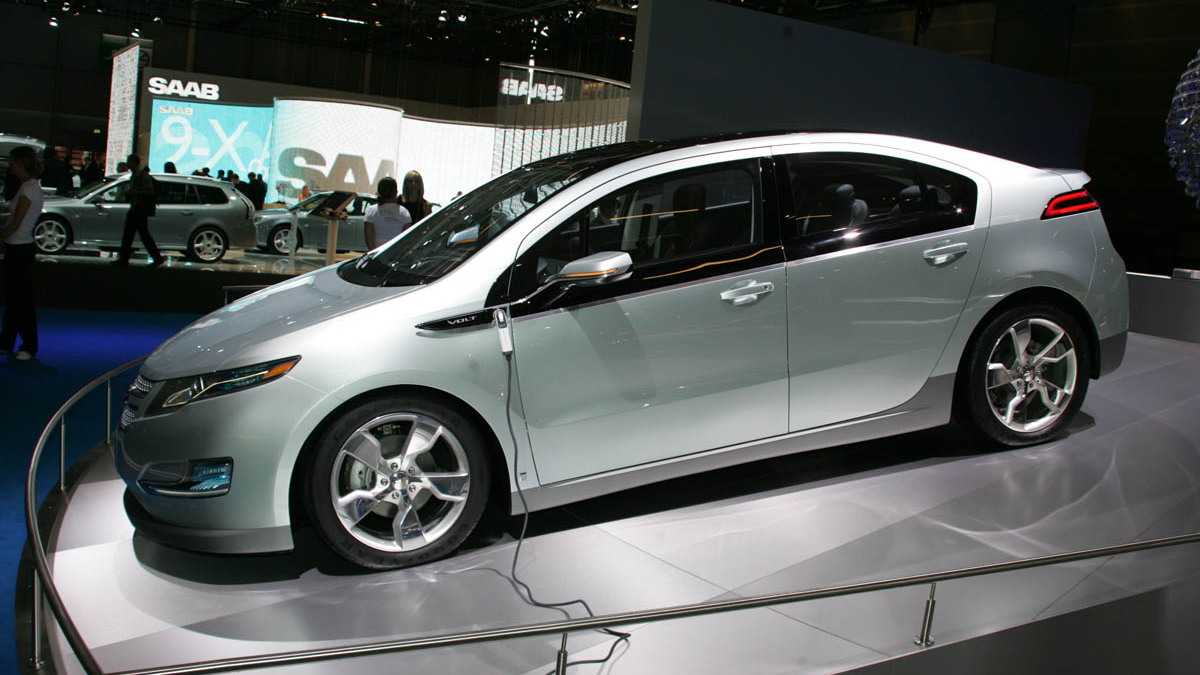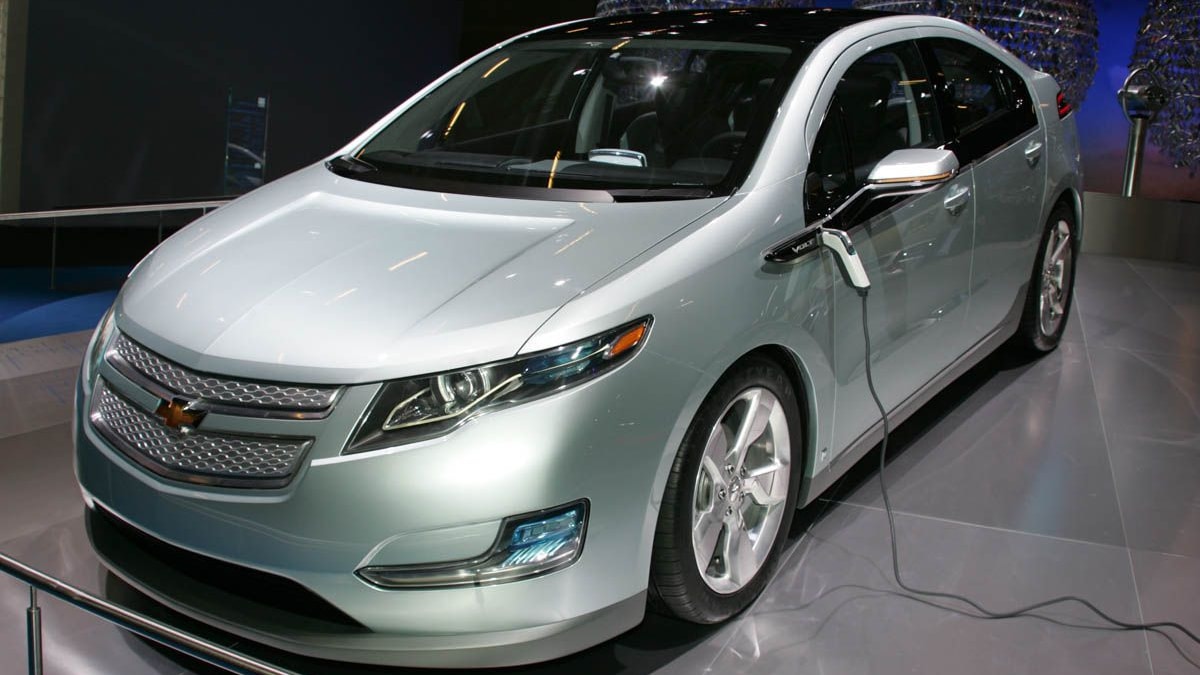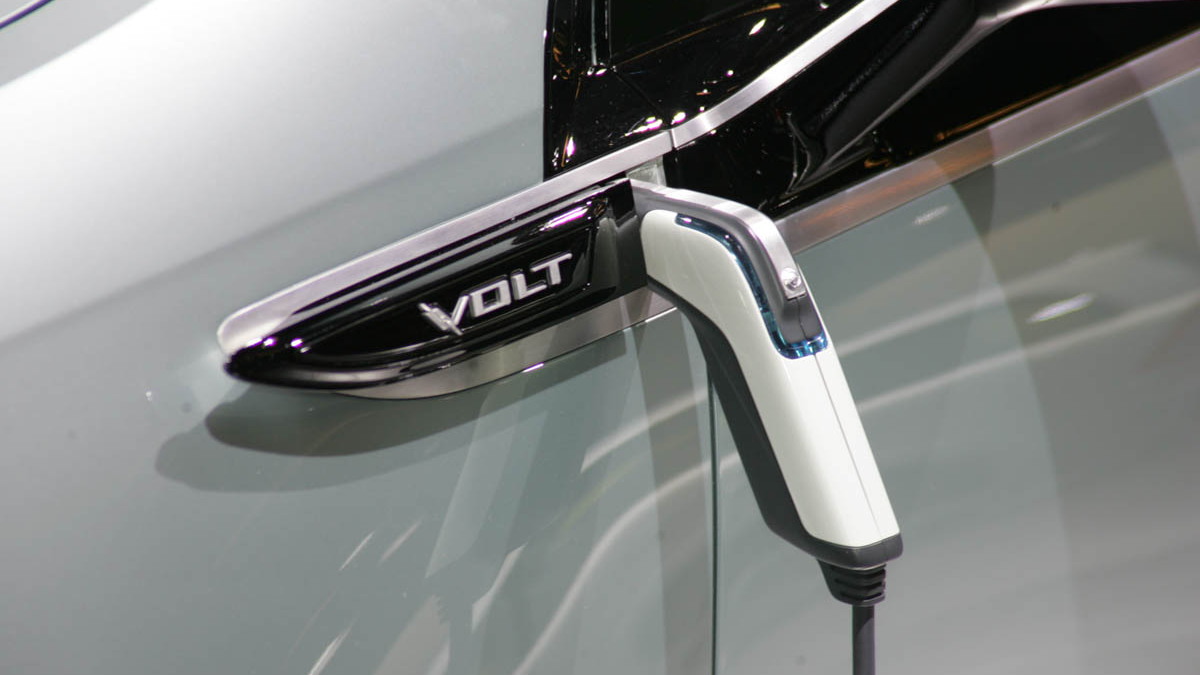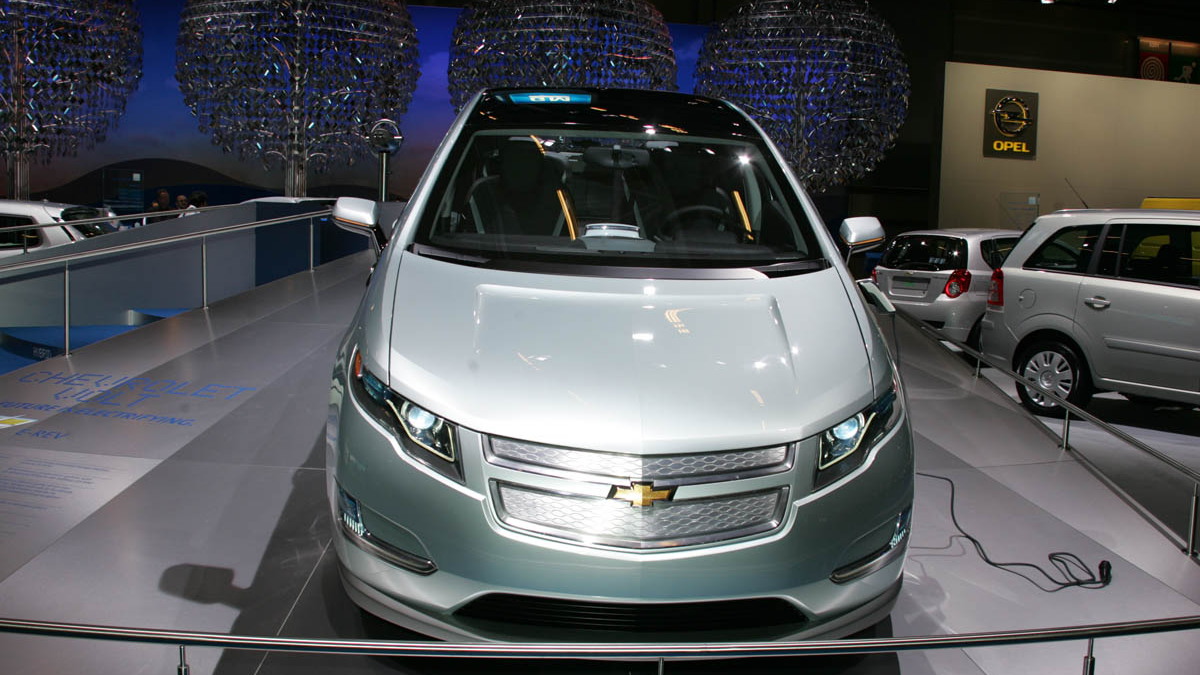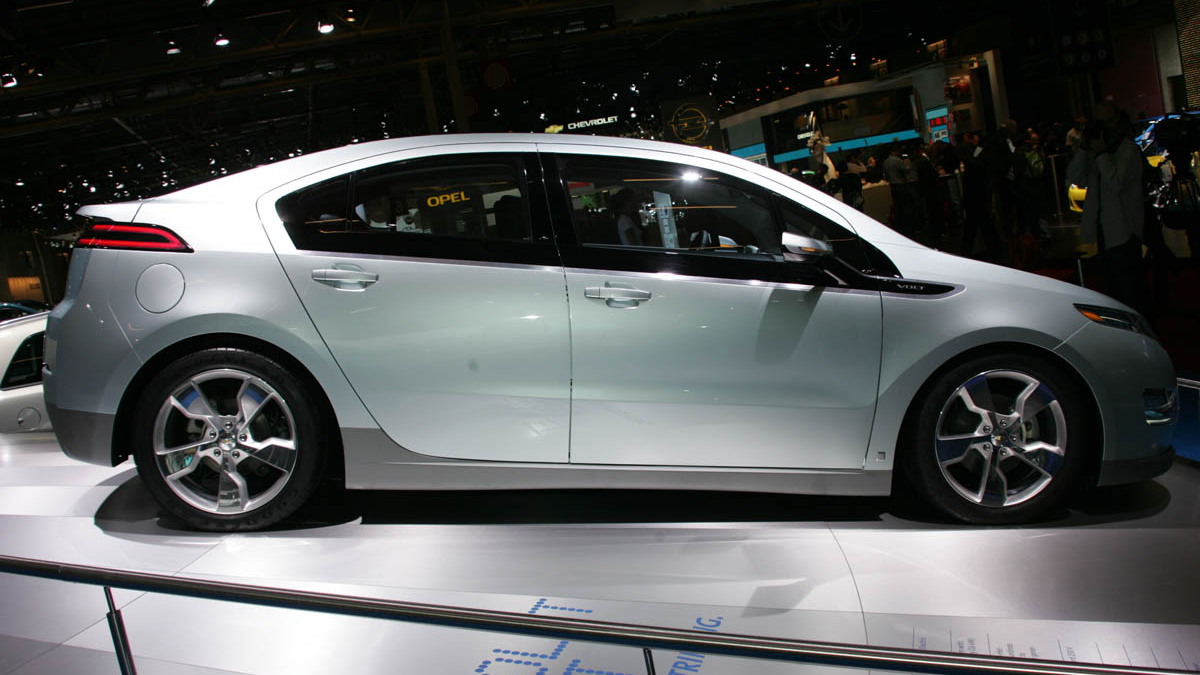Instead of giving money to a specific technology, some, like Allen Schaeffer, executive director of the Diesel Technology Forum, think that the government should be setting vehicle performance standards. That would put all technologies on an equal playing field.
The industry may just be glad for all the help it can get, however. The financial crises at General Motors and Chrysler at the end of 2008 may have been narrowly averted, but the road ahead in 2009 still looks bleak. It's hoped that the incentives will drum up sales, however, since the modifications made by the Obama administration will open up the $7,500 credit to hundreds of thousands more cars than previously allowed. The Bush law set a cap at 250,000 vehicles total, but the new law allows 200,000 plug-in hybrid credits per manufacturer. It's all part of Obama's goal of getting 1 million plug-in hybrids on the road by 2015.
The new tax credits for plug-in vehicles will range from between $2,500 to $7,500, with factors such as battery capacity determining how much owners would receive. Cars like the Chevrolet Volt, due in late 2010, would be eligible for the maximum credit of $7,500. The total cost of the program over the next ten years is estimated at $2.8 billion - a significant sum of money, but a drop in the bucket next to the $700 billion bill it's a part of, or the money received so far by Chrysler and GM.
To meet the tax incentive's standards, a plug-in vehicle must have a battery with a minimum capacity of 4kWh, though an additional $200 of tax credit is added for every kilowatt-hour thereafter, which is how the Volt gets to the maximum $7,500 limit with its 16kWh battery.
